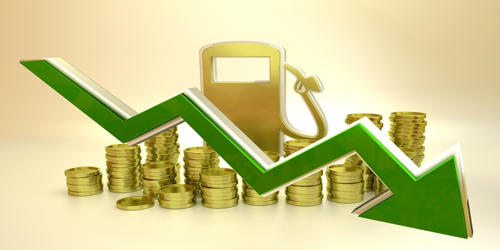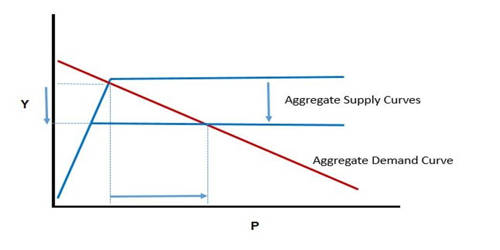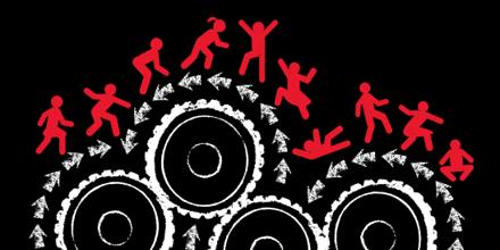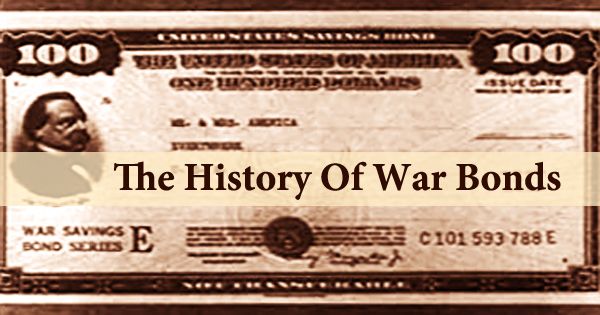Dutch disease is an economic term for the negative consequences that can arise from a spike in the value of a nation’s currency. In economics, the Dutch disease is the apparent causal relationship between the increase in the economic development of a specific sector (for example natural resources) and a decline in other sectors (like the manufacturing sector or agriculture). It may begin with a large influx of foreign cash to exploit a newfound resource. Dutch disease became widely used in economic circles as a shorthand way of describing the paradoxical situation in which seemingly good news, such as the discovery of large oil reserves, negatively impacts a country’s broader economy. It is an obstacle to growth on the demand side because it limits investment opportunities. Its main symptoms, besides overvalued currency, are low rates of growth of the manufacturing industry, artificially high real wages, and unemployment. It is a paradoxical situation where good news for one sector of the economy, such as the discovery of natural resources, results in a negative impact on the country’s overall economy.
Dutch disease refers to the problems associated with a rapid increase in the production of raw materials (like oil and gas) causing a decline in other sectors of the economy. It is a concept that describes an economic phenomenon where the rapid development of one sector of the economy precipitates a decline in other sectors. The putative mechanism is that as revenues increase in the growing sector (or inflows of foreign aid), the given nation’s currency becomes stronger compared to the currencies of other nations. Symptoms include a rising currency value leading to a drop in exports and a loss of jobs to other countries. This results in the nation’s other exports becoming more expensive for other countries to buy, and imports becoming cheaper, making those sectors less competitive. This refers to the phenomenon wherein countries that are rich in natural resources witness uneven growth across sectors. When the raw materials run out, the economy can be in a worse position than before. While it most often refers to natural resource discovery, it can also refer to “any development that results in a large inflow of foreign currency, including a sharp surge in natural resource prices, foreign assistance, and foreign direct investment”.
The term was coined in 1977 by The Economist to describe the decline of the manufacturing sector in the Netherlands after the discovery of the large Groningen natural gas field in 1959. The newfound wealth and massive exports of oil caused the value of the Dutch guilder to rise sharply, making Dutch exports of all non-oil products less competitive on the world market. The phenomenon of Dutch disease commonly occurs in countries whose economies rely heavily on the export of natural resources.
















